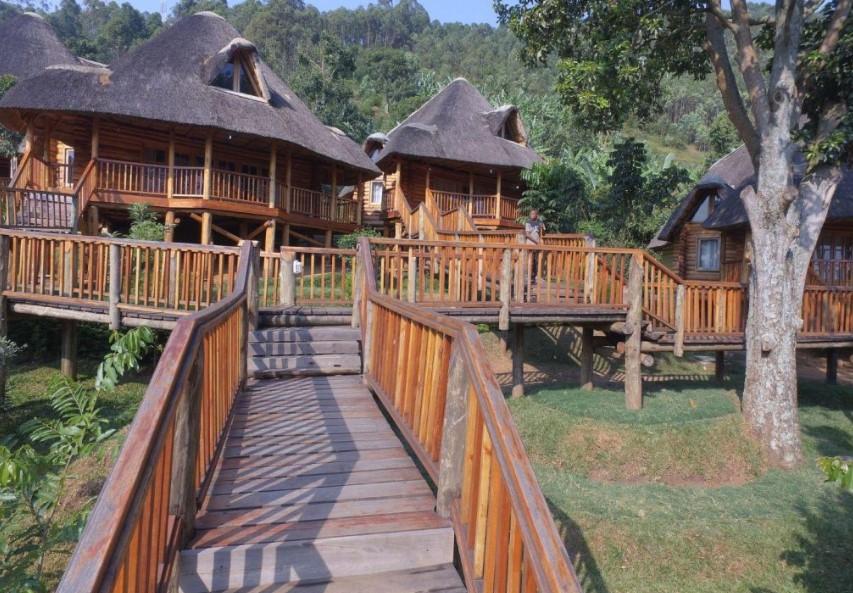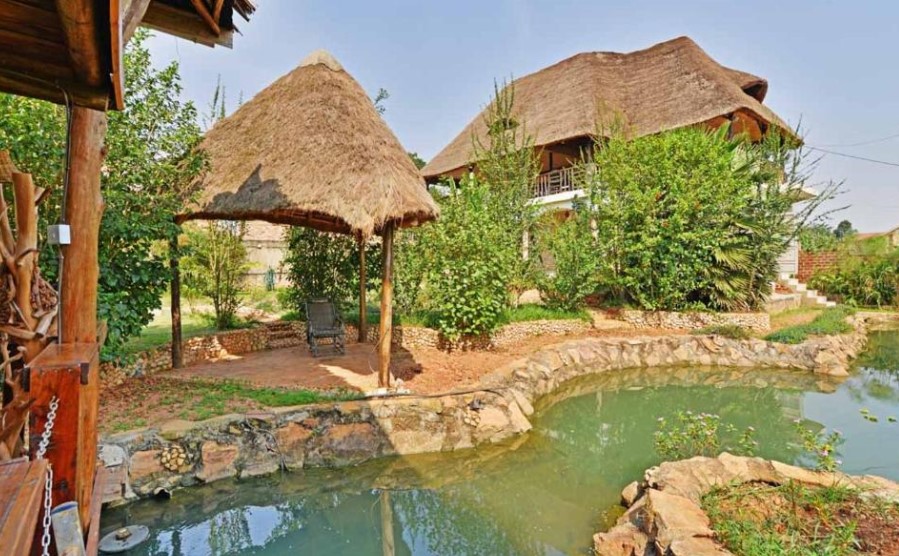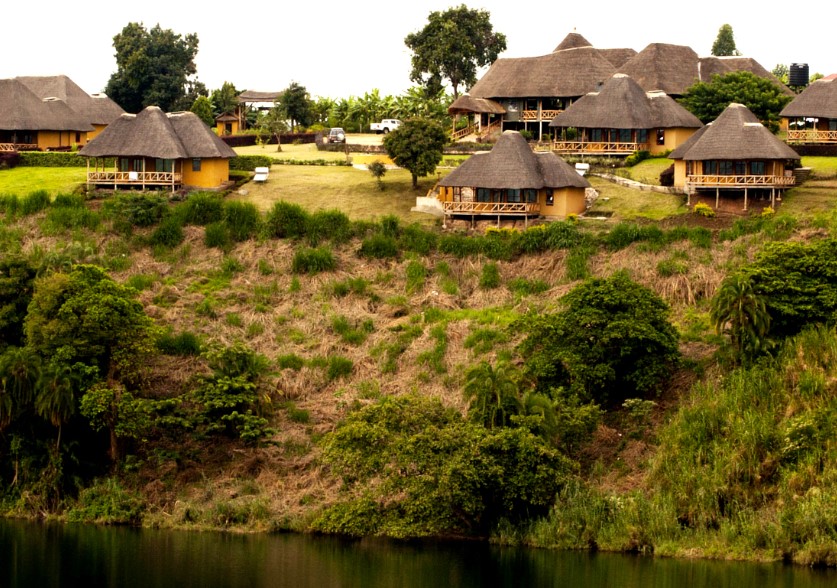Accommodation in Uganda: A Blend of Comfort and Authenticity. From the sprawling savannas of Queen Elizabeth National Park to the mist-covered mountains of Bwindi Impenetrable Forest, the country offers a plethora of tourism destinations that attract nature enthusiasts, wildlife lovers, and adventure seekers from around the world.
To cater to the growing demand for memorable experiences, the accommodation options in Ugandan tourism destinations have evolved significantly over the years, striking a delicate balance between modern comfort and authentic immersion into the local culture.
A Tapestry of Choices: Accommodation Varieties
Uganda’s tourism sector has witnessed a steady rise in recent years, drawing attention to the need for diverse and comfortable accommodation options to suit various traveler preferences. This has led to the establishment of a rich tapestry of choices, ranging from luxurious lodges and safari camps to charming eco-lodges and community-based homestays.
Luxury Lodges and Tented Camps
For travelers seeking a taste of luxury without compromising on the immersive experience, Uganda offers an array of high-end lodges and tented camps. Nestled in the heart of nature reserves and national parks, these accommodations provide a blend of opulence and proximity to the wild. Often equipped with modern amenities, such as private pools, spa facilities, and gourmet dining options, these lodges offer a comfortable retreat after a day of wildlife exploration.
Eco-Lodges
Eco-conscious travelers are well-catered to in Uganda, where numerous eco-lodges have been established to minimize environmental impact while maximizing the sense of connection with the natural surroundings. These lodges are designed to harmonize with their environment, employing sustainable practices such as solar power, rainwater harvesting, and locally sourced materials. Staying in an eco-lodge allows visitors to tread lightly while enjoying a truly immersive experience.
Community-Based Tourism
One of the standout features of Ugandan tourism is its emphasis on community-based tourism initiatives. Travelers seeking an authentic cultural experience can opt for accommodations hosted by local communities.
These homestays and guesthouses provide an unparalleled opportunity to engage with Ugandan traditions, customs, and daily life. From participating in traditional cooking sessions to partaking in local dances and crafts, visitors can forge genuine connections and contribute to the economic well-being of the communities they visit.
Wilderness Camps
For those with a sense of adventure, wilderness camps offer an exciting way to experience Uganda’s raw beauty. These temporary camps, often erected in remote areas, provide a truly immersive experience in nature. Accommodations can range from basic tents to more comfortable setups, but the focus is on providing an intimate connection with the wild landscapes, the sounds of the bush, and the star-studded African sky.
Budget Accommodations
Recognizing the need to cater to a wide range of travelers, budget accommodations are also available across Uganda’s tourism destinations. Backpackers and budget-conscious travelers can find guesthouses, hostels, and basic lodges that provide comfortable yet affordable lodging options, allowing them to allocate their resources to other experiences and activities.
Preserving Authenticity: Local Influence in Accommodation Design
One of the most remarkable aspects of accommodation in Ugandan tourism destinations is its integration of local design elements. Many lodges and camps draw inspiration from traditional Ugandan architecture, using locally sourced materials and craftsmanship to create a sense of place. This commitment to authenticity extends beyond aesthetics; it reflects a deeper respect for the cultural heritage of the land and its people.
Sustainability and Conservation Efforts
Uganda’s commitment to conservation is mirrored in the design and operation of its tourism accommodations. Many establishments are actively engaged in wildlife conservation and community development projects. By choosing to stay in these accommodations, travelers indirectly contribute to the protection of Uganda’s unique flora and fauna, as well as the well-being of its local communities.
Challenges and Future Prospects
While Uganda’s tourism accommodation sector has made significant strides, challenges remain. Infrastructure limitations, inconsistent power supply, and access to remote areas can pose difficulties for both operators and guests. However, these challenges have spurred innovation, with many accommodations embracing alternative energy sources and employing creative solutions to provide a seamless guest experience.
Looking ahead, the future of accommodation in Ugandan tourism destinations appears promising. As the country continues to attract global attention, investments in infrastructure and hospitality training are likely to improve the overall quality of accommodations and services.
By fostering a delicate balance between luxury and authenticity, Uganda’s tourism industry is well-positioned to provide visitors with an unparalleled experience that combines comfort, adventure, and a deep connection to the country’s natural and cultural heritage.
In Conclusion
Accommodation in Ugandan tourism destinations showcases the country’s commitment to offering travelers a spectrum of choices, from lavish lodges to rustic wilderness camps, all while honoring the essence of Uganda’s landscapes and cultures. As the country evolves as a prime travel destination, its accommodations will remain a vital component of the overall experience, ensuring that every traveler can find a place to rest, rejuvenate, and truly immerse themselves in the captivating tapestry of Uganda’s attractions.




Comment (0)